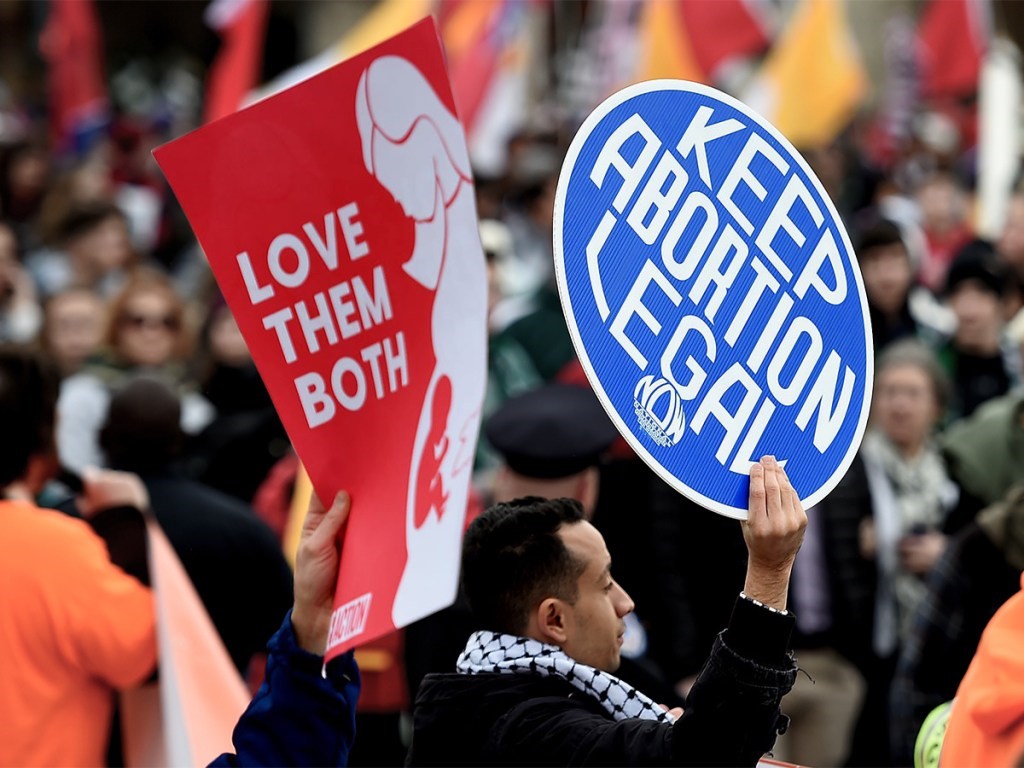Commentary June 29, 2023
Nonreligious Americans are the New Abortion Voters

FiveThirtyEight
When Roe v. Wade was overturned last year, many white evangelical Protestants didn’t just see the Supreme Court’s ruling as a political win — it was a spiritual victory. For decades, religious conservatives have been singularly focused on ending the constitutional right to abortion, a priority that few other demographic groups shared. White evangelical Protestants — a group that has, since the 1980s, voted overwhelmingly for Republicans — were much more likely than other religious groups to say that abortion was a high priority.
The fall of Roe appears to be changing that. In 2021, the share of religiously unaffiliated Americans (a group that includes atheists, agnostics and people who identify with no religion in particular) who said abortion was a critical issue started to rise. And for the first time in 2022, the year the Supreme Court overturned the federal right to abortion in Dobbs v. Jackson Women’s Health Organization, the share of religiously unaffiliated Americans who said that abortion was a critical issue was higher than the share of white evangelicals who said the same.







